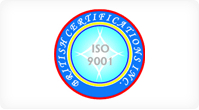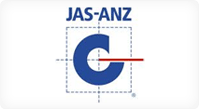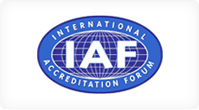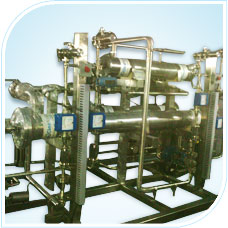 Nanofiltration (NF) rejection characteristic falls between Reverse Osmosis and Ultrafiltration membrane. NF membrane allows water, salt [NaCl] and other monovalent ions to pass through the membrane, but retains the organic molecules and a selective portion of divalent ions.
Nanofiltration (NF) rejection characteristic falls between Reverse Osmosis and Ultrafiltration membrane. NF membrane allows water, salt [NaCl] and other monovalent ions to pass through the membrane, but retains the organic molecules and a selective portion of divalent ions.
This process solves the problem of separating mineral molecules from organic molecules without the high operating costs associated with other chemical or electrical de-mineralizing systems. It produces highly profitable, value added products by fractionating various feed streams into one or more new products.
Spiral wound membranes are most common type of configurations for this range due to its compact design.

Special offering - Solvent Compatible membranes

CleaNsep offers UF & NF membranes which are stable in organic solvents, for the first time in India. These solvent resistant membranes are used for purification / concentration of streams which contains organic solvents viz. Methanol, Ethanol, Acetone, Ethyl Acetate, Hexane, Toluene, Chloro-Benzene, Acetonitrile, etc. Also other Alcohols, Ketones, Esters may be used, as well as solvents like DMF, DMSO, THF, etc.
Typical applications of NF are
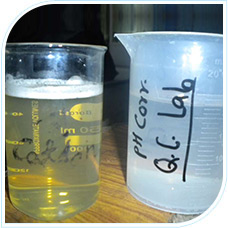 |
|

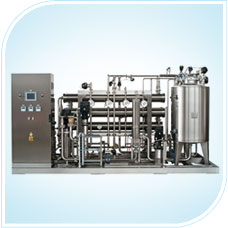 Reverse Osmosis (RO) is the tightest membrane process available amongst all membranes. RO removes water from dilute solutions of process streams at the lowest possible energy costs. For process streams, CleaNsep offers RO systems mainly in biotech or pharma industries for product purification or concentration.
Reverse Osmosis (RO) is the tightest membrane process available amongst all membranes. RO removes water from dilute solutions of process streams at the lowest possible energy costs. For process streams, CleaNsep offers RO systems mainly in biotech or pharma industries for product purification or concentration.
Typical Applications of RO are
- Pre-concentration of whey and skim milk
- Desalting of NF permeate for recycling
- Concentration of stream prior to evaporation
- BOD & COD Reduction
- Water recovery system in ETP


